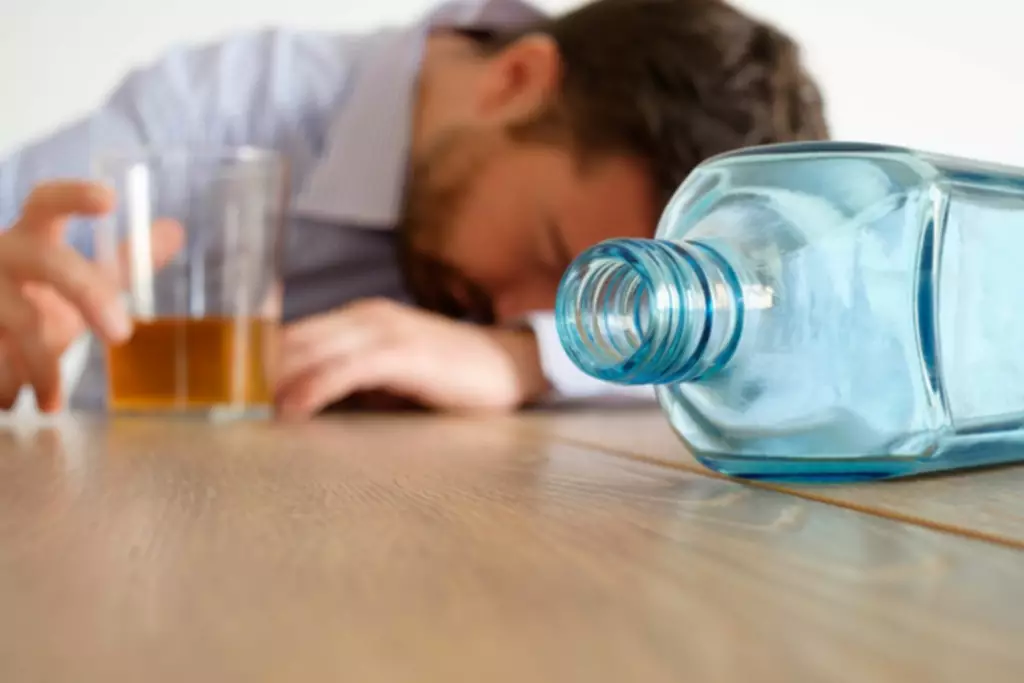We’ll explore exactly what alcohol use disorder is, often referred to as alcoholism, uplift the stories of those who found sobriety, and share steps you can take if you need support. “I absolutely agree that we need new and better treatments for PTSD,” said Paul Holtzheimer, deputy director for research at the National Center for PTSD, a panelist who voted no on the question of whether the benefits of MDMA-therapy PTSD and Alcohol Abuse outweighed the risks. The panel voted 9-2 on whether the MDMA-assisted therapy was effective, and voted 10-1 on whether the proposed treatment’s benefits outweighed its risks. Jeanette Hu, AMFT, based in California, is a former daily drinker, psychotherapist, and Sober Curiosity Guide. She supports individuals who long for a better relationship with alcohol, helping them learn to drink less without living less.
Treatment order
- This list of “whys” serves as a powerful reminder of your commitment to positive self-care.
- After seeing the growing evidence that psilocybin may help people with a variety of mental health disorders, Christopher Pittenger, MD, PhD, director of the Yale Program for Psychedelic Science, was curious if people with obsessive-compulsive disorder (OCD) could benefit from the compound.
- Food and Drug Administration (FDA) voted overwhelmingly against the use of MDMA – or ecstasy – to treat post-traumatic stress disorder (PTSD) survivors.
- This study was carried out in eight institutions specialized for the treatment and rehabilitation of drug and alcohol-related problems in the Kathmandu and Lalitpur districts of central Nepal.
- Despite the differences, the common thread is that alcohol use has a negative impact on their lives.
There was a significant decrease over time in PTSD symptoms for all subjects as a group (significant effect of time), but no medication effect between the paroxetine and desipramine treated subjects. The possibility that brain CRH levels are elevated in PTSD is of great interest because of a rich preclinical literature indicating that elevated levels of CRH in the brain, particularly in the amygdala, potentiate fear-related behavioral responses, including the startle response (50). These anxiogenic effects of CRH are reversed by administration of CRH antagonists (50). As noted earlier, findings from animal and human studies have supported a role for CRH in mediating some effects of drugs of abuse, including stress- or priming-induced relapse to drug self-administration and symptoms of withdrawal (27, 28, 32–34). Thus, elevated levels of CRH in the brain in PTSD may mediate both the symptoms of hyperarousal as well as the increased risk for substance abuse and dependence seen in this disorder. More specifically, elevated levels of CRH in the brain in PTSD may enhance the euphorigenic properties of certain drugs, such as stimulants, and may worsen the severity of withdrawal symptoms, thereby prompting patients to relapse to drug use.
Inhibiting neurons involved in the body’s stress response may reduce alcohol use – News-Medical.Net
Inhibiting neurons involved in the body’s stress response may reduce alcohol use.
Posted: Thu, 21 Mar 2024 07:00:00 GMT [source]
Medications with Novel Mechanisms of Action that target both Alcohol Use Outcomes and PTSD
The final RCT was a 4-week inpatient study conducted with 53 individuals with PTSD and AD (Kwako et al. 2015). This was a proof of concept study evaluating the neurokinin-1 receptor antagonist aprepitant. Neurokinin-1 receptors are found in the amygdala and hippocampus and are thought to be involved in stress-response circuitry; antagonism of neurokinin-1 receptors blocks stress responses in laboratory animals (Schank et al. 2011). In this double-blind, placebo controlled study the main outcomes were PTSD symptoms, response to stress reactivity, and alcohol craving in the laboratory.
Prevalence of PTSD and AUD in Military and Veteran Populations
- There was weak evidence to support the use of medications to treat AUD among those with comorbidity with PTSD.
- By shifting your focus to these positive actions, you can dissipate the desire to drink and naturally boost your serotonin levels.
- Given that chronic substance use can lead to higher levels of arousal and anxiety as well as to sensitization of neurobiologic stress systems (13), substance abuse may result in a higher level of vulnerability to development of PTSD after exposure to trauma.
- Comorbidity between PTSD and AUD represents a key area in alcohol research, made richer by developments in both basic and clinical science and one in which there is an urgent need to identify effective treatments.
“The brain is more prepared to adapt following ketamine, so combining ketamine with CBT [cognitive behavioral therapy] or other types of therapy could improve outcomes,” he said (Molecular Psychiatry, advanced online publication, 2024). Psychedelics are also not recommended for people who have a predisposition to or family history of psychotic disorders or bipolar mood. The drugs, which can increase heart rate and blood pressure, are also contraindicated for people with cardiovascular conditions.
HPA Axis in PTSD and Addiction



